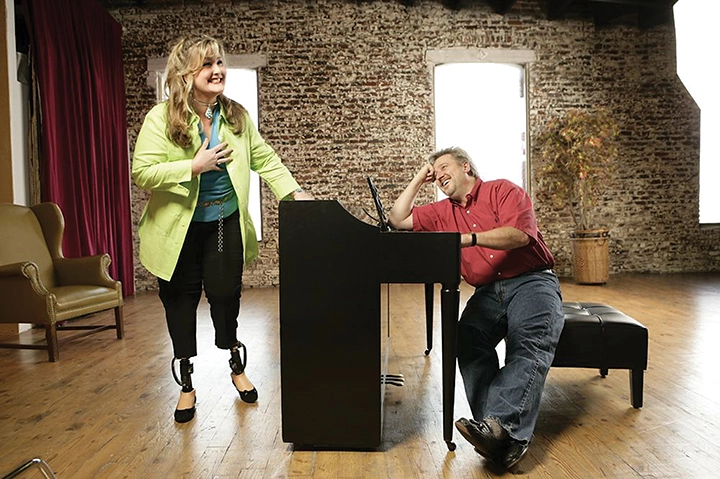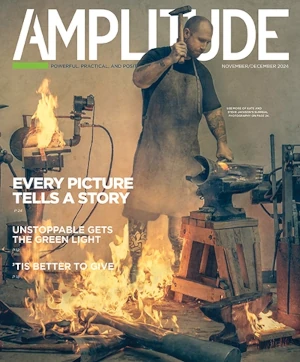
Photograph courtesy of Michael Gomez Photography.
A woman once shared with me that she couldn’t get away from her aging father because every time she left, something bad happened. “He falls each time I leave him with someone else!” she said, tearing up in frustration.
“Something bad happens whether you are there or not,” I told her. “You can’t guarantee your presence will forever prohibit him from falling. If you’ve done your best to provide safeguards and to have someone there in the event of a fall or other mishaps, what more can you do?”
The struggle to maintain some level of independence is part of what I call the three “i’s” that all caregivers seem to experience—we lose our identity, we become isolated, and we lose our independence.
Focusing on the loss of independence, these questions require consideration:
- Will your loved one’s life improve if you are permanently out of the picture?
- Are you able to care for them when you are emotionally and physically exhausted?
- Will they be better off once you’re a husk of a human being?
Considering those questions, seeking and maintaining a healthy level of emotional and even physical independence becomes critical, not only for the caregiver, but for the patient as well. Independence is not abandonment; it’s allowing a life to blossom on its own without encroachment.
I’ve watched my wife fall many times since she began walking on prosthetic limbs decades ago. Each time, I try to catch her if I can—and comfort her when I can’t. The fact is that amputees who use prosthetic legs are going to fall.
She’s embarrassed when it happens, and I’m embarrassed for her. Sometimes she gets hurt when she falls, and I hurt for her. Our sons hurt to see their mother fall. But we all recognize that for her to be who she is, she has to get back up and continue trying. That’s her journey. If I, by the force of my will, tried to keep her in a wheelchair to avoid falling, I would do great harm to her—and ultimately to me. I would force her to become utterly dependent upon me and rob her of whatever level of independence she could achieve.
We’re caregivers, not superheroes. We can’t prevent every disaster or solve every problem. This isn’t Metropolis; it’s the real world. Here in the real world, the people we care for are going to fall. They will make mistakes. They will get hurt. No caregiver can eliminate those risks without endangering his or her well-being. We do the best we can to protect the ones we love, while never forgetting that the best asset for their protection is to have
a healthy caregiver.
Excerpted from Hope for the Caregiver by Peter Rosenberger © 2014. Published by Worthy Publishing, a division of Worthy Media, Inc., Brentwood, Tennessee. www.worthypublishing.com. Used by permission.
By Peter W. Rosenberger
Peter W. Rosenberger is an author and radio host. He has been a caregiver for three decades.



